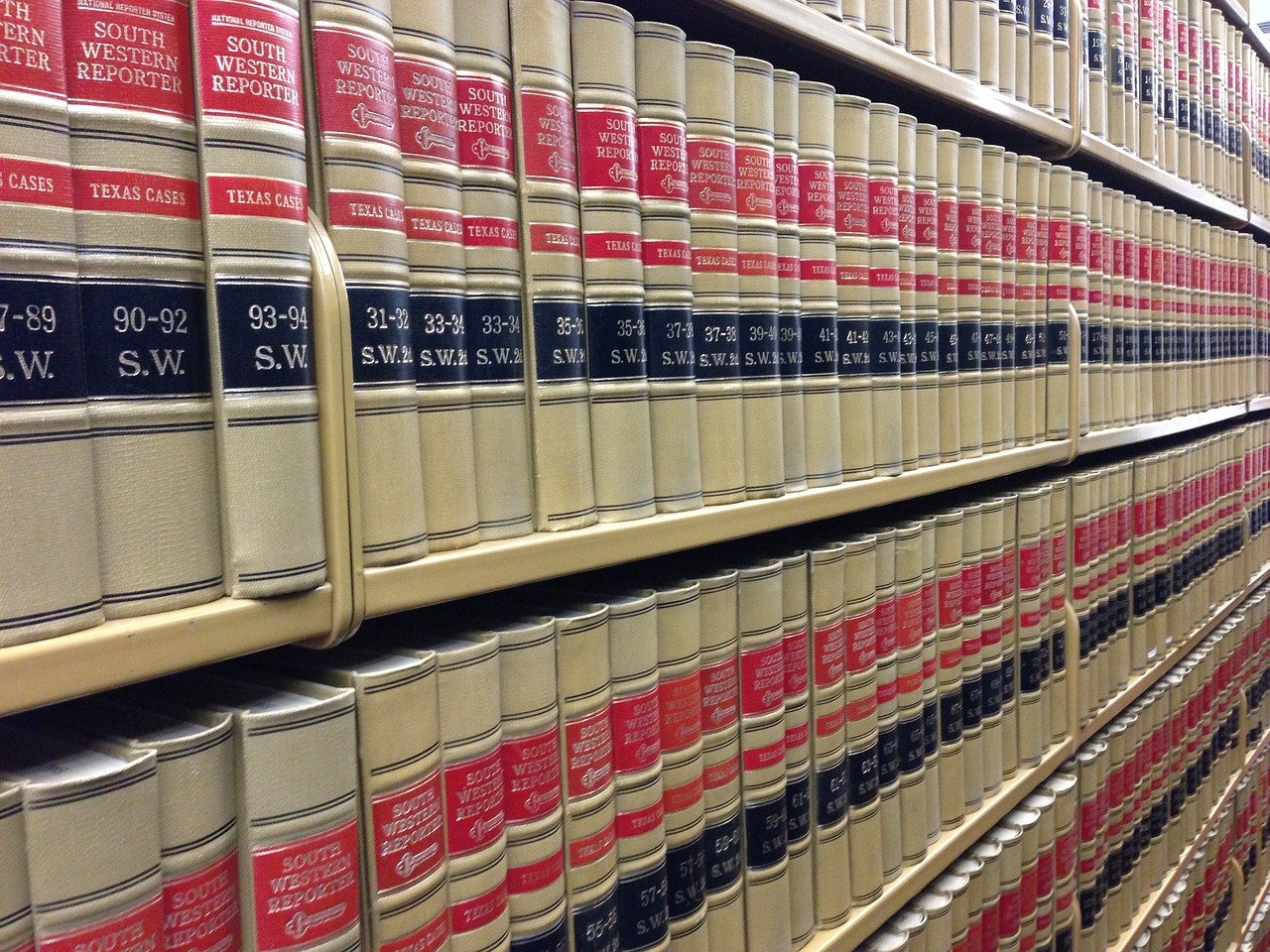The Debate Over a Uniform Civil Code in India: Balancing Law and Diversity

India’s pursuit of a Uniform Civil Code (UCC) represents one of the most pivotal legal reforms in its history, aimed at standardizing personal laws across different religions concerning marriage, divorce, inheritance, and more. This blog delves into the complexities and contentions surrounding the UCC, reflecting the country’s diverse cultural tapestry and the potential impacts of such a legal shift.
Understanding the Uniform Civil Code
At its core, the Uniform Civil Code seeks to replace the personal laws, which are currently based on the religious scriptures and customs of each major religious community in India, with a common set governing every citizen. The objective is to ensure equality and justice for all citizens, irrespective of their religion, which is also a directive principle of the Indian Constitution under Article 44.
Current Legal Landscape
India’s current personal laws cover a wide array of subjects including marriage, divorce, maintenance, inheritance, and adoption, and these laws differ significantly across religious communities. For example, Hindu law governs Hindus, Buddhists, Sikhs, and Jains, while Muslims are governed by Islamic laws, and Christians have their own set of laws. Additionally, there are separate laws for Parsis and Jews.
Arguments for the UCC
Proponents of the UCC argue that a single civil code will:
- Promote National Unity: By removing legal distinctions based on religious beliefs.
- Ensure Gender Equality: Many current religious laws are viewed as patriarchal or discriminatory towards women.
- Simplify the Legal System: A uniform code would streamline legal processes and reduce confusion in courts that handle family law.
Challenges and Contentions
Despite these benefits, the proposal for a UCC is highly contentious:
- Religious Freedom: Opponents argue that a UCC would infringe on their right to religious freedom as guaranteed by the Constitution.
- Cultural Diversity: India’s diverse cultural practices could be overridden by a uniform set of laws, potentially leading to cultural homogenization.
- Implementation Challenges: The practical implementation of a UCC across diverse communities remains a daunting task.
Recent Developments
The debate has seen renewed interest due to several high-profile court cases that exposed the inequalities and inconsistencies of the current personal laws. The Indian judiciary has occasionally expressed opinions favoring the adoption of a UCC to promote real secularism and gender justice.
The Road Ahead
The journey toward a UCC would require extensive consultations, robust legal frameworks, and, importantly, a sensitive approach that respects India’s religious and cultural pluralism. The government would need to ensure that the Code is not seen as an imposition but rather an evolution towards a more equitable legal system.
Conclusion
The Uniform Civil Code presents a unique opportunity for India to reform its legal system and ensure equal rights for all its citizens. However, it also poses significant challenges, given the country’s deep-rooted religious and cultural diversity. The path forward must carefully balance legal reforms with the preservation of cultural identities to truly achieve the principles of justice and equality enshrined in the Constitution.
As India continues to debate this transformative legal proposal, it remains to be seen how it will navigate these complex waters and what form a potential Uniform Civil Code might eventually take.

